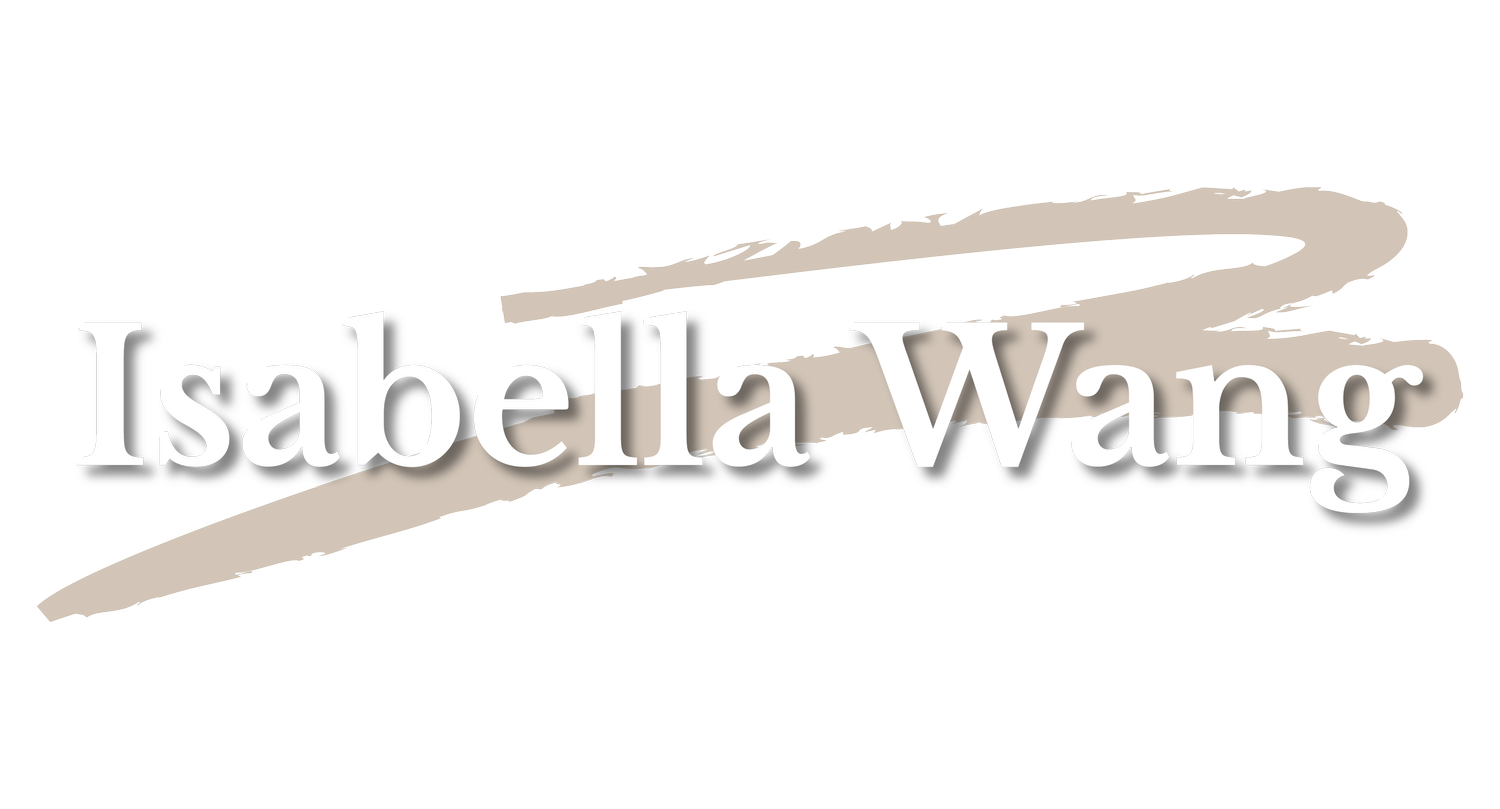Finding Clarity in the Chaos: Freeing Your Mind in the ‘Attention Economy’
It’s all too easy to lose track of time as we mindlessly scroll through social media, bombarded with notifications, alerts, and messages. We read clickbait article after clickbait article without stopping to think about whether the content is actually useful. We live in an “attention economy,” where people’s attention has become the most valuable thing and quality is often less important.
In today’s world, attention is everything. The more attention a business can generate, the greater its success. Microsoft, for example, has spent an amazing $22 billion on sales and marketing, which is more than the GDP of some countries. It’s a clear indication of the importance that attention has taken on in the digital age.
From never-ending emails and messages to never-ending social media feeds, the amount of information we get is overwhelming. But how much of this information is truly worth our attention? How much of it can be filtered through critical thinking?
The content that tries to get our attention is often exaggerated and bad, playing into our need for instant gratification. It’s easy to get caught up in the hype and forget to reflect on the decisions that shape our future. We’re so busy trying to keep up with the constant flow of information that we’ve forgotten to take a step back and evaluate its value.
The pursuit of attention has led to the spread of misinformation and sensationalized stories. In the past few years, fake news and conspiracy theories have become more common, which is a bad effect of the attention economy.
The rise of AI language models, like ChatGPT, has also impacted the attention economy. AI-made content could give useful information, but not all of it is correct or helpful. It’s essential to exercise critical thinking to assess the quality of the information we receive.
Our dependence on technology and the internet has created an addiction to constant stimulation. We feel compelled to check our phones repeatedly, leading to a sense of panic when we’re not connected. Technology and the internet have taken the place of once-essential sources of life like water, food, and fresh air.
The attention economy has made it so that people want clickbait and sensationalized content, which AI language models can easily make. Because of this, there is even more low-quality content that grabs our attention without giving us anything of real value.
In this age of information overload, it’s tempting to rely on the first source that pops up on Google or the latest trending topic on social media. But not all information is created equal. It’s crucial to seek out reliable sources of information and verify their accuracy.
We don’t have to be on our devices all the time. Instead, we can set times to check our emails and social media. We can also be more selective about the content we consume, seeking out sources that are reliable and informative rather than sensationalized and clickbait-y.
Limiting our time on social media and news sites is another important step. It’s easy to get stuck in a cycle of scrolling through feeds and reading information without realizing it. By setting limits on our screen time, we can create more space for reflection and critical thinking.
To create a world where quality and not just quantity of attention are valued, it’s important to look for good sources and encourage critical thinking. Ultimately, we have the power to choose what we pay attention to, how we engage with others, and how we use technology to enrich our lives. By being more aware and deliberate, we can make our time in the digital world more positive and satisfying.
Let’s all take a moment to remind ourselves that our time and attention are too valuable to waste on mindless web surfing and meaningless entertainment.
